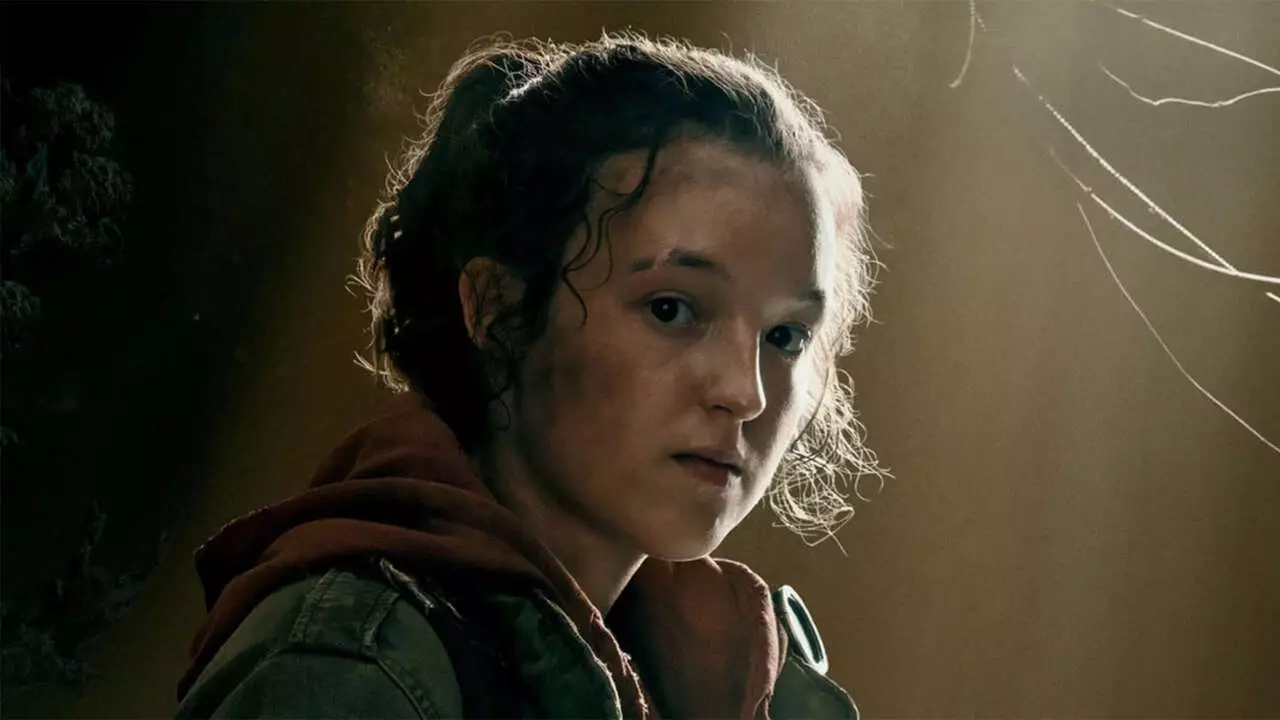The success of HBO’s adaptation of “The Last of Us” cannot be overstated. Since its debut in 2023, it has captivated audiences worldwide, blending storytelling, character development, and immersive world-building. Yet, even as the series rides the wave of popularity, the creative landscape is now undergoing a profound transformation. Neil Druckmann, the visionary co-creator of the original video game and pivotal figure behind the show’s creative direction, has announced his departure from the series. This decision raises inevitable questions about the show’s future trajectory and the impact of such a high-profile exit on its narrative integrity.
Despite the excitement around the adaptation, it’s crucial to recognize that Druckmann’s departure signals more than a mere behind-the-scenes shuffle. His influence on the series has been unparalleled, shaping its tone, plot nuances, and character arcs. As the person who helped translate his intricate storytelling from game to screen, his absence leaves a void that will challenge the series to preserve its essence while embracing new creative voices. From a critical standpoint, the departure raises doubts about continuity and whether the show can sustain the same emotional depth and fidelity to the original material without his direct involvement.
The Prospective Future and Creative Risks
Moving forward, the show’s producers, including Craig Mazin, are faced with an intricate balancing act. Mazin’s praise for Druckmann as a “generous creative partner” suggests mutual respect and a solid foundation upon which the show was built. However, kudos and shared praises alone cannot substitute the unique vision Druckmann brought to the narrative. The decision to shift the story’s perspective in Season 3 — from Ellie to Abby — was already a bold move, embracing complexity over simplicity. Now, with Druckmann stepping away, the franchise is at a crossroads: will the new creative team uphold the integrity of the source material or risk diluting it through unfamiliar storytelling approaches?
There’s also the looming question of whether the series will venture into uncharted territory beyond “The Last of Us Part II.” Druckmann’s non-committal stance regarding a third game hints at open-ended storytelling, but it also underscores uncertainty about the future direction. Will HBO push to expand the narrative universe with new games and stories? Or will they cement the series as an end-point for a cohesive, finite adaptation? The upcoming seasons, especially beyond Season 3, could determine whether the series retains its narrative power or devolves into a franchise attempting to stretch beyond its original scope.
The Significance of Creative Leadership in Episodic Adaptations
Druckmann’s exit underscores a broader challenge in adapting deeply personal and complex video games into episodic television. Such adaptations demand nuanced understanding and a consistent voice, which Druckmann undoubtedly provided. His absence could lead to a dilution of the original’s emotional core, which was rooted in the game’s meticulously crafted storytelling and character arcs. The success of “The Last of Us” on HBO depended heavily on Druckmann’s creative input — his unique ability to balance brutal action with poignant human moments.
Mazin’s comments reflect optimism, but also a recognition of the gravity of this transition. His statement emphasizes continuity, loyalty to the cast and crew, and a desire to maintain audience expectations. But maintaining the series’ essence independently of Druckmann’s leadership is easier said than done. Without the original creator’s guiding hand, new writers and showrunners must prove capable of juggling fidelity with innovation—a task fraught with risk, especially given fan expectations and the series’ emotional depth.
Personal Opinion: The Series’s Future Depends on Embracing Change with Care
While Druckmann’s departure might initially seem like a setback, it also opens the door for fresh perspectives and innovative storytelling. The challenge lies in how the creative team navigates this transition. It’s not merely about replacing one voice but about respecting the spirit of the original material while daring to explore new narrative avenues. The show’s strength has always been its characters and moral complexities, and those elements must remain at the forefront.
Ultimately, the series’ future success hinges on its capacity to evolve without losing its soul. If the new creative leadership can honor Druckmann’s vision — or better yet, incorporate his essence into their own — the show could continue to thrive. If not, it risks losing the emotional resonance that made it a cultural phenomenon. The departure of Neil Druckmann acts as both a challenge and an opportunity: an imperative to innovate responsively and to ensure that “The Last of Us” remains a compelling story first and foremost, regardless of who guides the narrative behind the scenes.

